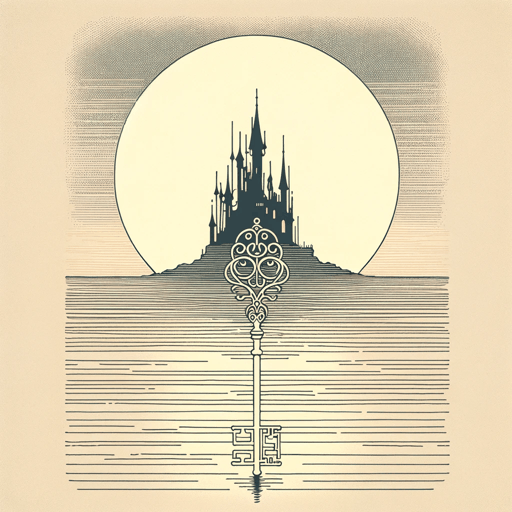27 pages • 54 minutes read
John PolidoriThe Vampyre
Fiction | Short Story | Adult | Published in 1819A modern alternative to SparkNotes and CliffsNotes, SuperSummary offers high-quality Study Guides with detailed chapter summaries and analysis of major themes, characters, and more.
Themes
Good Versus Evil
Characters in The Vampyre exist at two extremes of morality: Those who are pure good such as Aubrey, his sister, Ianthe, and Ruthven’s unnamed victims; And the extreme evil of Ruthven. Gothic fiction, as an offshoot of Romanticism, is concerned with the inherent corruption of society and the opportunities it provides for evil forces to prey on the innocent. Ruthven’s evil symbolizes the ills of Polidori’s society, which is why Ruthven revels in destroying good people while also exuding magnetic charisma.
Ruthven’s evil nature is apparent before his nature is revealed. As an allegory for the degradation of society’s morals, Ruthven is drawn to gambling tables to both ruin those who gamble all their money and fuel the gambling of the reckless by intentionally losing. Ruthven’s moments of charity are supernaturally fatal and “cursed”; Those he gambles with are “either led to the scaffold, or sunk to the lowest and the most abject misery” (34). Ruthven’s corruption is described as an inevitable force of nature, reinforcing his identity as an ultimate evil. Polidori uses heavy foreshadowing to reveal the source of Ruthven’s evil: His unnatural vampirism.

